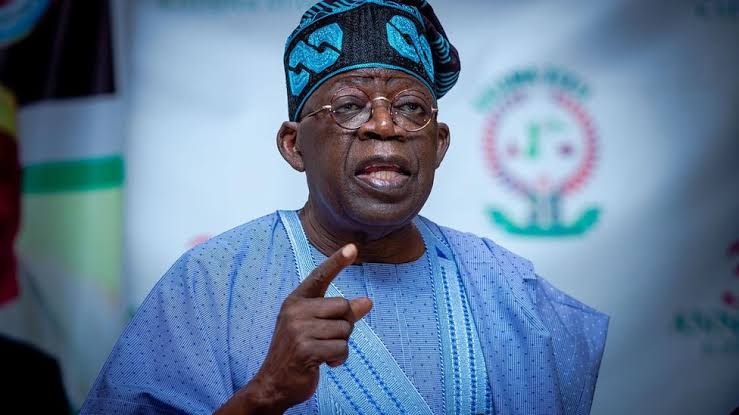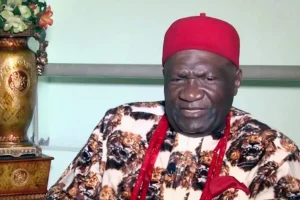
Nigeria’s military has introduced a series of strict prohibitions for its personnel, including bans on homosexuality, lesbianism, bestiality, cross-dressing, and other behaviors considered contrary to the ethical standards of the armed forces.
These directives are outlined in Section 26 of the newly revised Harmonised Armed Forces Terms and Conditions of Service, signed into law by President Bola Tinubu on December 16, 2024. The updated regulations aim to reinforce discipline and professional conduct within the ranks of the Nigerian Armed Forces.
Comprehensive Restrictions
The revised guidelines explicitly state:
“An officer must not engage in homosexuality, lesbianism, and bestiality. He/she is not to belong to or engage in activities of the Lesbian, Gay, Bisexual, Transgender or Trans, Queer or Questioning, Intersex, Asexual or Agender, Two-Spirit (LGBTQIA2S+) group and cross-dressing, amongst others.”
Additionally, the document prohibits body piercings, tattoos, drunkenness (on or off duty), and any form of disorderly or disgraceful behavior.
Prohibition of Amorous Relationships
Military personnel are forbidden from engaging in romantic relationships with subordinates or the spouses of fellow officers and soldiers. The guidelines specify:
“An officer shall not engage in any amorous relationship with any soldier/rating/airman/airwoman, or fellow officer’s or soldier’s/rating’s/airman’s/airwoman’s spouse.”
Financial Obligations and Vehicle Compliance
The revised rules emphasize financial responsibility, requiring personnel to fulfill legal and contractual obligations, such as vehicle licensing and insurance. Failure to meet these obligations is considered a severe offense.
The document states:
“An officer shall pay all just financial obligations in a proper and timely manner, especially those imposed by law and mutual contract. It is a very serious offence for an officer to be apprehended for failure to license or insure his vehicle.”
Ban on Secret Societies, Political Activity, and Private Business
The guidelines also strictly forbid membership in secret societies and political parties, as well as any form of participation in their activities, even as observers.
“An officer shall not hold membership of any secret society or political party. He shall not participate, in any way, in activities concerned with such societies or parties even in observatory capacities,” the document states.
Military personnel are also barred from engaging in private business ventures or misusing government property for personal benefit. Accepting gifts or favors from subordinates is similarly restricted.
“An officer shall not engage in private business. He shall not use or be allowed to use government property, his name, position, or connection in any way with commercial enterprises outside employment or activity with or without compensation, which interferes or has the tendency of interfering with his official duty,” the document adds.
Absence of Specific Disciplinary Measures
While the revised rules comprehensively outline the behaviors deemed unacceptable for military personnel, the document does not specify the disciplinary measures or punishments for violations. This omission leaves room for interpretation and raises questions about enforcement.
Implications for Military Discipline and Governance
The revised terms underscore the military’s commitment to upholding strict discipline and ethical conduct among its ranks. However, the lack of clarity on disciplinary actions could create challenges in ensuring compliance. Critics argue that specifying penalties for violations would improve accountability and consistency in enforcement.
The updated guidelines reflect broader efforts by the Nigerian government to enhance professionalism in the armed forces. However, their implementation will likely attract scrutiny, particularly from human rights organizations and other advocacy groups, given the controversial nature of some of the prohibitions, such as those related to LGBTQ+ activities and personal expression.
As these regulations take effect, their impact on the morale and behavior of Nigeria’s military personnel will become clearer in the months ahead.





